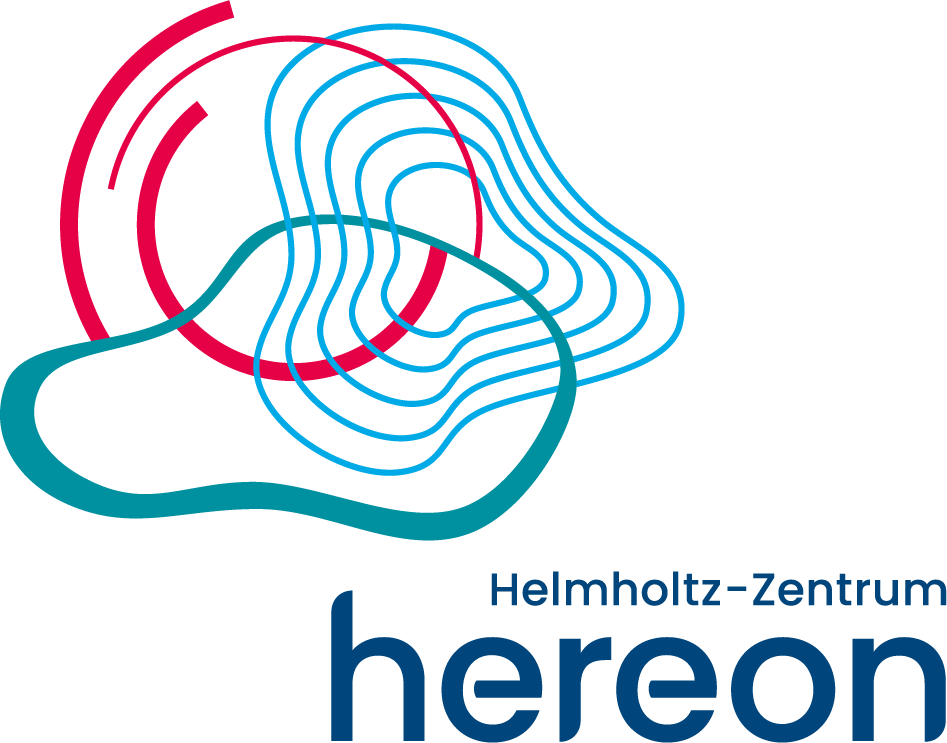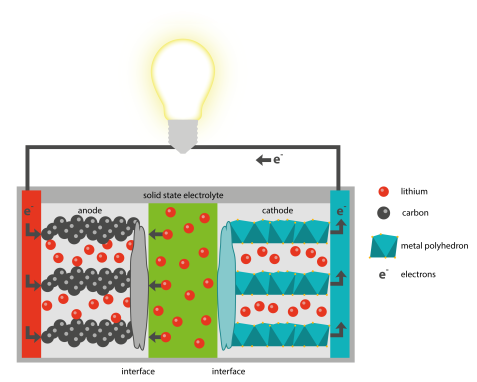MLZ is a cooperation between:
 > Technische Universität München
> Technische Universität München > Helmholtz-Zentrum Hereon
> Helmholtz-Zentrum Hereon
 > Forschungszentrum Jülich
> Forschungszentrum Jülich
MLZ is a member of:
 > LENS
> LENS > ERF-AISBL
> ERF-AISBL
MLZ on social media:

MLZ (eng)
Lichtenbergstr.1
85748 Garching
27.08.2019
New batteries: Smaller, lighter and now even safer
The US Department of the Interior launched the battery project called LISI (Lithium Solid Electrolyte Interfaces) as a special initiative in April 2019. LISI is a cooperation between six leading American research institutes, including Stanford University and the Massachusetts Institute of Technology MIT, and five German partners. The MLZ is the only representative of the Technical University of Munich (TUM). The Federal Ministry of Education and Research (BMBF) is funding the German institutes in this unique cooperation project with a budget of approximately 250,000 € each for three years. The Heinz Maier-Leibnitz Zentrum (MLZ) uses the funding amount mainly for a postdoctoral position and for meetings between the partner institutes.

Schematic drawing of a battery with Lithium-ions and electron flow as well as possible interfaces. © Luisa Heyer (FRM II/TUM)
Understanding and improving batteries
In contrast to other metals, lithium has many advantages as a charge carrier for batteries, such as its low weight and high willingness to release electrons for current flow. In recent years, it has thus been possible to produce ever lighter and smaller batteries with a high energy density. This is particularly important for the booming electromobility market. On the other hand, the element is very reactive and easily combustible. Reports of burning mobile phones, electric cars or even e-cigarettes show the risk of lithium batteries. The aim of LISI is therefore to examine the chemical processes within lithium-ion solid-state batteries and to improve their safety. The German research team around Dr. habil. Ralph Gilles from the MLZ wants to take a closer look at the interfaces between the solid-state electrolyte and the electrodes of the batteries. The formation of these interfaces leads to deposits of layers with lithium , which can have an effect on the life and safety of the battery. “In order to improve the life and safety of lithium-ion batteries in the future, we first need a more precise understanding of the reactivity and growth behavior of lithium containing phases in the interfaces,” explains Dr. Gilles.
Neutrons provide deeper insight
For a comprehensive characterization of the interfaces between electrolyte and electrode, the scientists conduct their investigations on several instruments of the Heinz Maier-Leibnitz Research Neutron Source (FRM II). They plan the use of diffraction and small-angle scattering instruments as well as the use of neutron depth profiling.
“With neutrons, we can for the first time observe the distribution of lithium ions in the battery during battery operation,” emphasizes Dr. Gilles. “That means we don’t have to open the samples to get an insight into the processes inside the battery.” Neutrons also have a relatively high sensitivity to light elements such as lithium and a high penetration depth, without damaging the components of the battery, as can occur with X-rays.
Thus, the MLZ is not only the only representative of the TUM in this project, but also takes a unique position on the German side due to the use of neutron research.
Further information
The following partners belong to the LISI research project:
USA
Lawrence Berkeley National Laboratory (LBNL)
Oak Ridge National Laboratory (ORNL)
Argonne National Laboratory (ANL)
Stanford University (Stanford)
Germany
Forschungszentrum Jülich
Helmholtz Institute Münster (IEK-12)
Karlsruhe Institute for Technology (KIT) and Helmholtz Institute Ulm
Justus-Liebig University Giessen
Technical University of Munich (TUM)
Research Neutron Source Heinz Maier-Leibnitz (FRM II)
Forschungszentrum Jülich
Institute of Energy and Climate Research (IEK-9)
The BMBF is funding the German project partners with a total of 1.66 million euros. The American institutes are supported by the U.S. Department of Energy. LISI will initially run for three years.
MLZ is a cooperation between:
 > Technische Universität München
> Technische Universität München > Helmholtz-Zentrum Hereon
> Helmholtz-Zentrum Hereon
 > Forschungszentrum Jülich
> Forschungszentrum Jülich
MLZ is a member of:
 > LENS
> LENS > ERF-AISBL
> ERF-AISBL
MLZ on social media:



